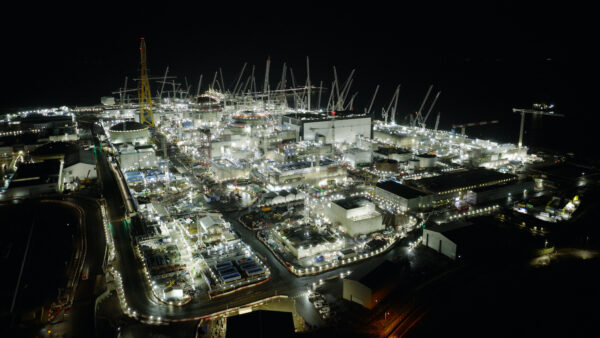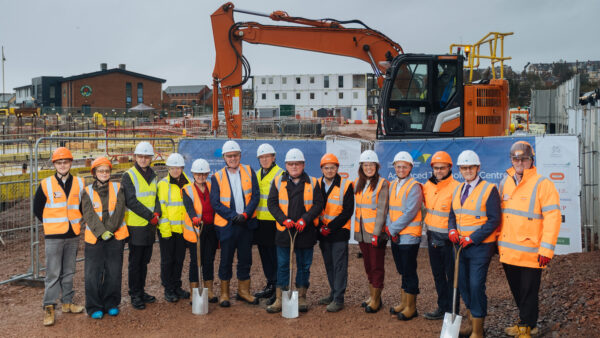
Despite progress to close the gender pay gap, there is still more work to be done for construction companies.
The average difference in the hourly rate of pay between men and women working across the UK’s biggest construction firms is 23% in 2023-24, according to the latest industry data.
This figure has dropped from an average of 27% six years ago, when gender pay gap reporting was introduced.
CIOB People and Construction Management have analysed data relating to the top 10 UK construction companies by turnover as of July 2023, according to Companies House filings. They are Balfour Beatty, Morgan Sindall, Kier, Keller, Amey, ISG, Tarmac, Mace, Morrison Water Services (M Group) and Laing O’Rourke.
While 2017-18 data for Mace Construct is not available, Mace Ltd’s average difference was 35% six years ago – 15 percentage points higher than 2022-23.
Aside from Mace, ISG, Kier and Morgan Sindall showed the greatest improvement, closing the gap by 10, 6 and 6 percentage points respectively.
Commenting on the data, Katherine Evans, lead founder of the Bold as Brass women’s support group and gender equity and culture consultant at Bold as Brass Consulting Services, said: “Seeing real change happen is a very positive result for all the hard work we do in raising the profile in gender equity.
“That being said, we need to up the anti. Grassroots-level changes need to be made. There are women in our businesses now who could be the industry leaders of the near and distant future, but not if we lose them to industries where their intersectional needs as women are being catered for.”
Evans added: “We need to change the environment for women to survive in, and this means providing equity or even the scrap and rebuild of certain sections of businesses.
“Big things need to happen because this progress isn’t going to result in modern, innovative businesses prospering with a happy, motivated workforce, respectful culture and a closing of the industry skills gap.”
Gender disparity
The low percentages of women in the top pay quartile illustrates the dearth of gender diversity across the industry’s leadership teams.
Keller and Mace Construct both reported just 5% of women were among the highest paid within their businesses.
At Morgan Sindall, 83% of both men and women received bonus pay in 2023-24, but the average difference in bonuses was 53%.
For Balfour Beatty, just 20% of women received bonus pay compared with 37% of men.
Chief executive Leo Quinn wrote in Balfour Beatty’s gender pay gap report: “As we take stock in our annual Gender Pay Gap Report, we reflect both on our achievements and the areas we need to continue to focus on.
“The UK construction and infrastructure industry is a significant employer, with recent figures showing circa 2.2 million workers, roughly 7% of the nation’s total workforce of 32 million people.
“However, the gender disparity within our industry remains an area for improvement, with women making up only 14% of the workforce.
“Whilst we have seen progress across Balfour Beatty, where women make up 21% of our UK workforce, it is clear that we have a way to go as an industry and as a business.”
Companies in England, Wales and Scotland with 250 or more employees have been required since 2017 to publish data on their gender pay gaps. The government makes this data available to the public in April.
This article first appeared on CIOB People
Comments
Comments are closed.












Why is there difference in the hourly rate of pay between men and women working across the UK’s biggest construction firms?
What changes are needed?